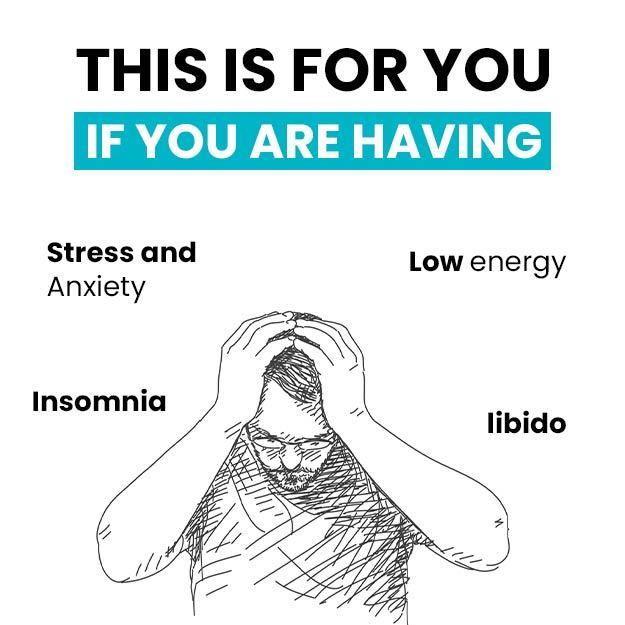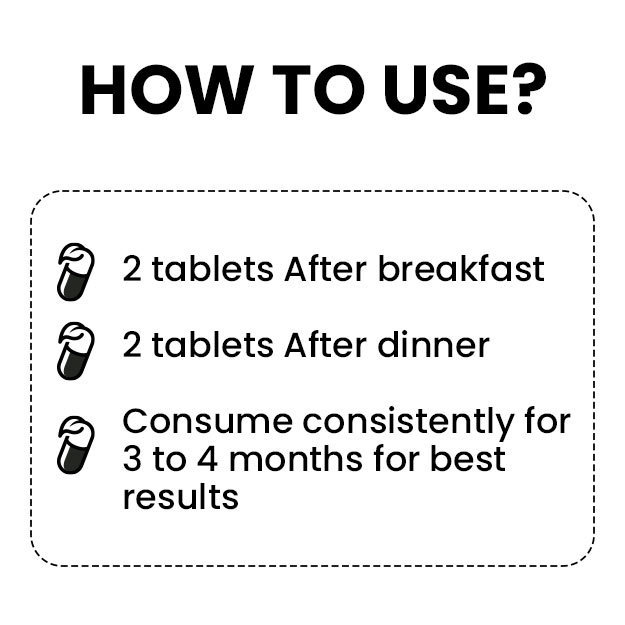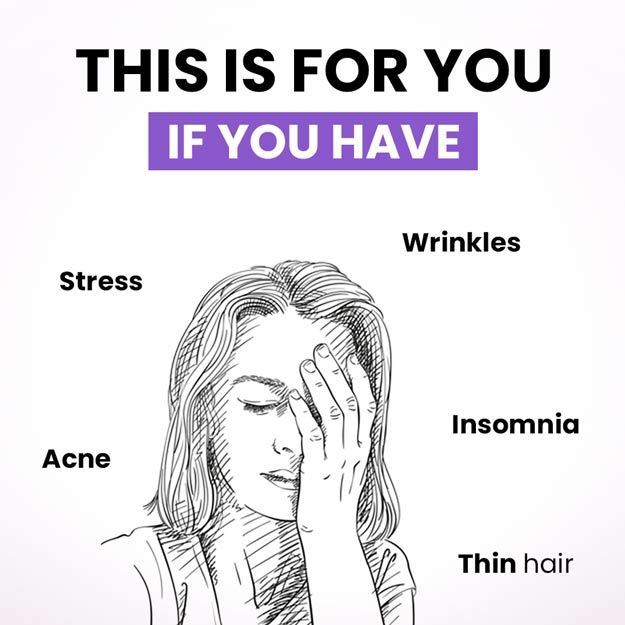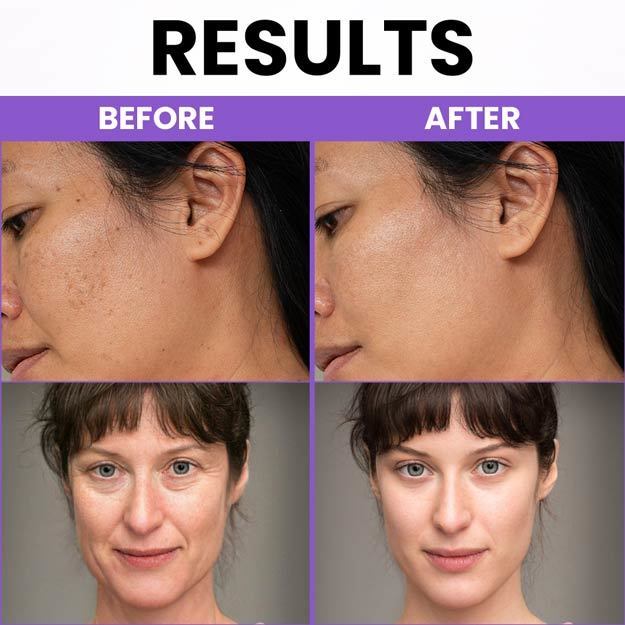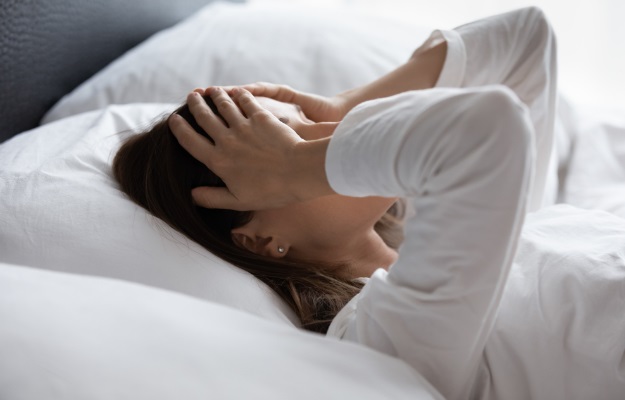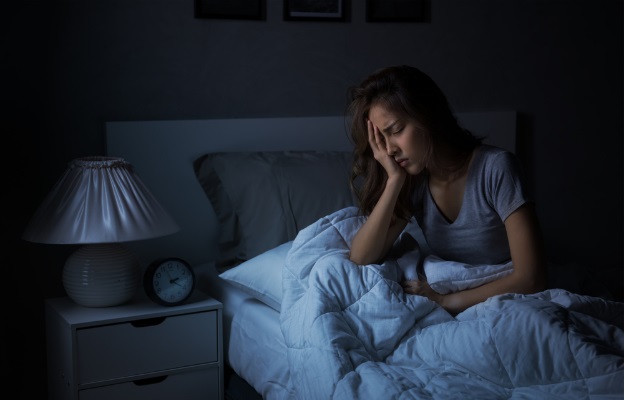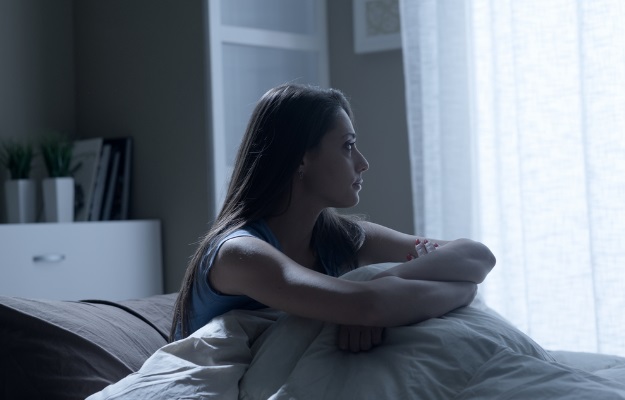Irregular sleep or insomnia may be a sign of sleep problems. If home remedies don't help you sleep, you may consider seeing a sleep specialist. Insomnia occurs when you have trouble sleeping at night. You may find it difficult to sleep, or you may wake up several times throughout the night. Difficulty sleeping can affect physical and mental health. Lack of sleep may cause you to get frequent headaches or have trouble concentrating.
Most people experience difficulty sleeping at some point in their lives. Some people may feel refreshed after only five hours of sleep. However, most adults need about eight hours of sleep each night to feel rested. Problems concentrating when you're not getting enough sleep can include frequent headaches, irritability, daytime fatigue, waking up too early, staying awake throughout the night, or taking several hours to fall asleep. You may also experience less energy during the day or have dark circles under the eyes.
Read more - (Deep Sleep - What it is, benefits and tips)








